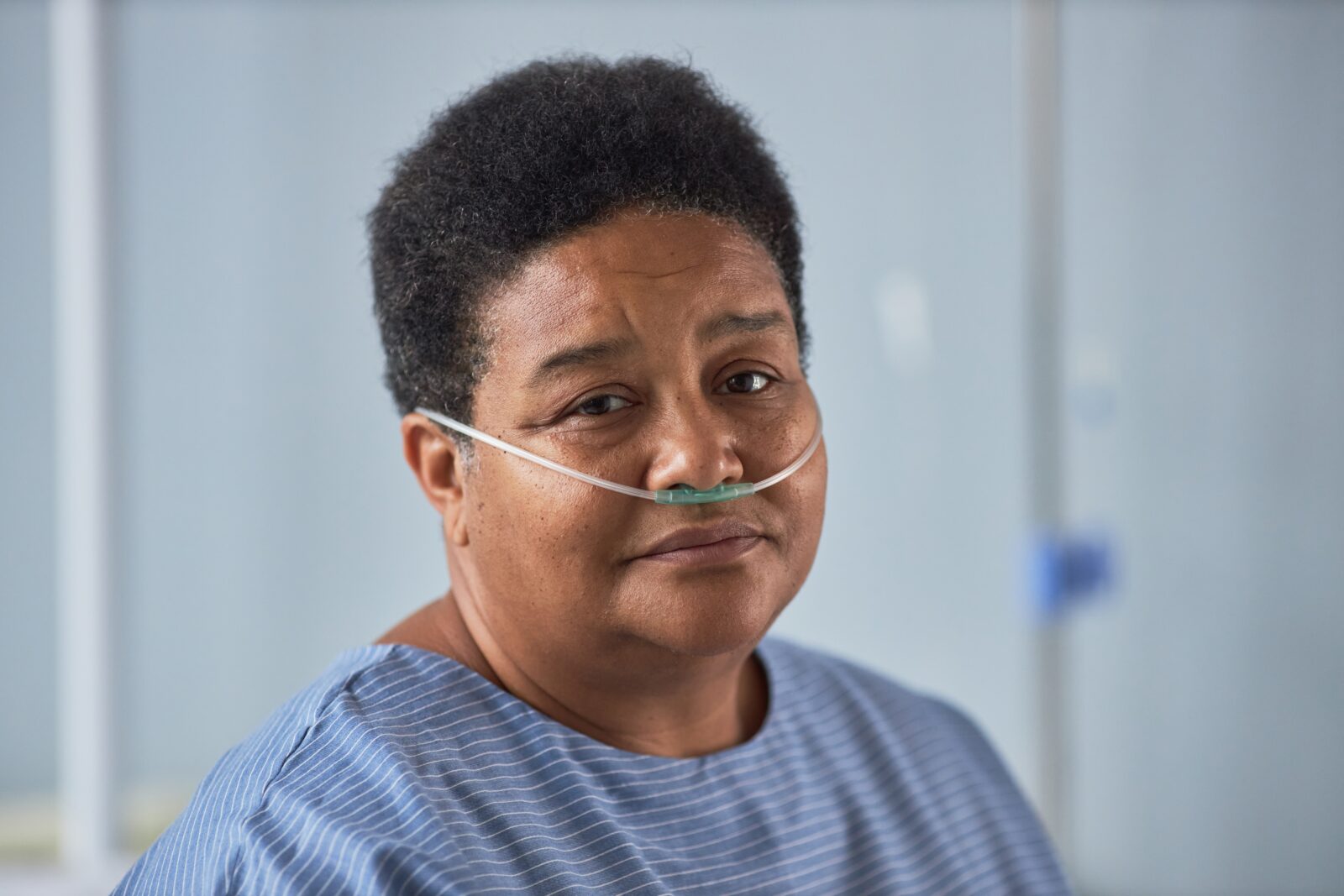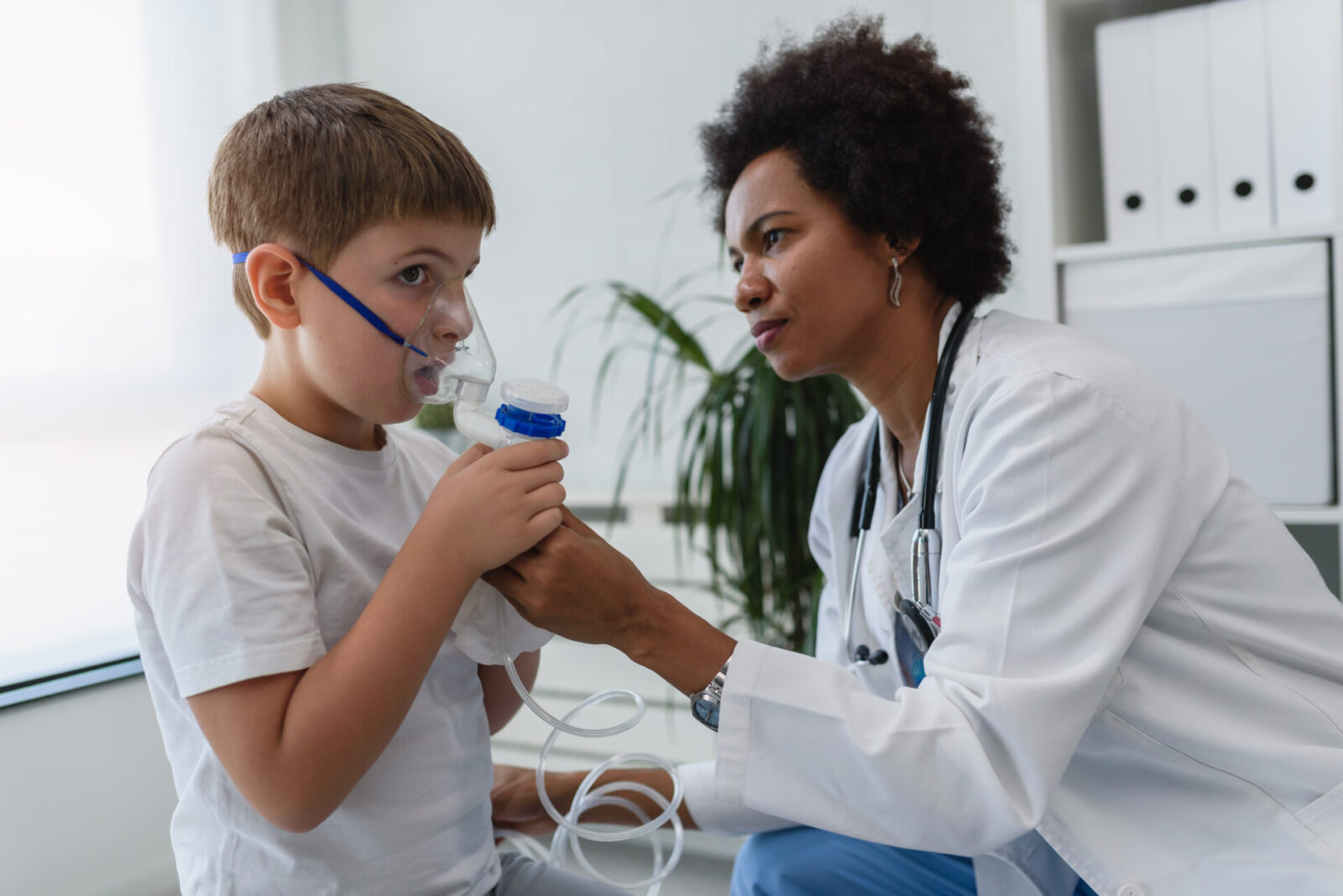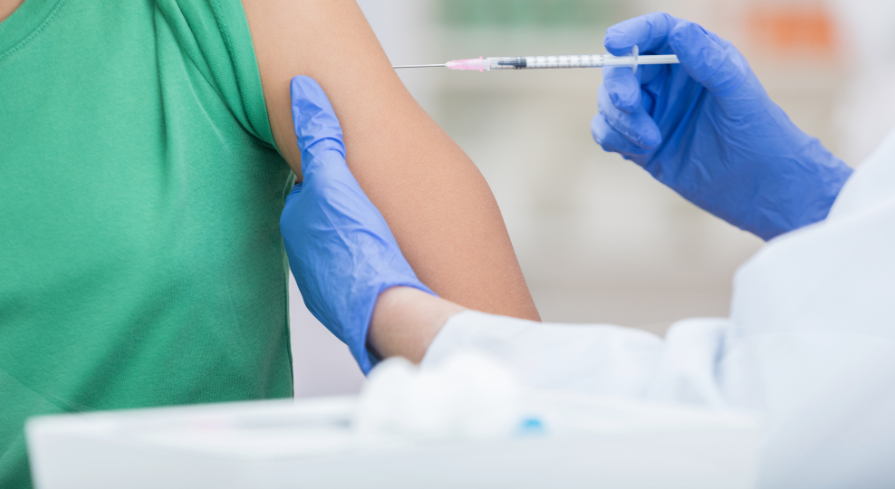COVID-19
Coronavirus disease (COVID-19) is an infectious disease caused by a newly discovered coronavirus.

Causes & Symptoms
COVID-19 is most often spread from person to person via airborne droplets from the nose or mouth. It is also possible to get COVID-19 by coming into contact with surfaces that have the virus present.
Most people who contract COVID-19 will have mild symptoms, but some people will have more severe symptoms. Signs and symptoms of COVID-19 may appear 2 to 14 days after exposure. The most common signs and symptoms of COVID-19 include, but are not limited to:
- Fever
- Cough
- Tiredness
- Early symptoms may include a loss of taste or smell
Symptoms can range from very mild to severe. Some people may experience worsened symptoms, such as worsened shortness of breath and pneumonia, about a week after symptoms start.

Populations at Risk
People who are older have a higher risk of severe illness from COVID-19, and the risk increases with age. People who have existing chronic medical conditions also may have a higher risk of serious illness.
Medical conditions known to increase the risk of severe illness include:
- Chronic obstructive pulmonary disease (COPD)
- Serious heart diseases
- Cancer
- Type 2 diabetes
- Obesity or severe obesity
- Smoking
- Chronic kidney disease
- Sickle cell disease
- Weakened immune system from solid organ transplants
- Pregnancy
Other conditions may increase the risk of serious illness, such as: Asthma; chronic lung diseases such as cystic fibrosis or pulmonary fibrosis; weakened immune systems from bone marrow transplant; HIV or some medications; liver disease; brain and nervous system conditions; Type 1 diabetes and high blood pressure.
When To See a Doctor
Symptoms can range from very mild to severe. Some people may experience worsened symptoms, such as worsened shortness of breath and pneumonia, about a week after symptoms start.
Call 9-1-1 if you experience any of the following emergency COVID-19 signs and symptoms:
- Trouble breathing
- Persistent chest pain or pressure
- Inability to stay awake
- New confusion
- Blue lips or face


Treatment
If you develop symptoms of COVID-19 or you’ve been exposed to the COVID-19 virus, contact your doctor. Also let your doctor know if you’ve had close contact with anyone who has been diagnosed with COVID-19.
If you have mild symptoms, your doctor may recommend that you recover at home and may give you special instructions on how to monitor your symptoms and to avoid spreading the illness to others. If you’re very ill, you may need to be treated in the hospital. Currently, there are medications approved to treat COVID-19, but no cure is available. Antibiotics are not effective against viral infections such as COVID-19. Researchers are testing a variety of possible treatments.
To help relieve symptoms at home you may try:
– Pain relievers (ibuprofen or acetaminophen).
– Cough syrup or medication
Prevention
If you have a chronic medical condition and may have a higher risk of severe illness, check with your doctor about other ways to protect yourself in addition to the recommended preventive measures listed here:
- Avoid close contact with anyone who is sick or has symptoms. This is especially important if you have a higher risk of serious illness. Keep in mind some people may have COVID-19 and spread it to others, even if they do not have symptoms or do not know they have COVID-19.
- Wash your hands often with soap and water for at least 20 seconds, or use an alcohol-based hand sanitizer that contains at least 70% alcohol.
- Cover your face with a cloth facemask in public spaces, such as the grocery store, where it is difficult to avoid close contact with others.
- Cover your mouth and nose with your elbow or a tissue when you cough or sneeze. Throw away the used tissue. Wash your hands right away.
- Avoid touching your eyes, nose and mouth.
- Avoid sharing dishes, glasses, towels, bedding and other household items if you are sick.
- Clean and disinfect high-touch surfaces, such as doorknobs, light switches, electronics and counters, daily.
- Stay home from work, school and public areas if you are sick, unless you’re going to get medical care.
- Avoid public transportation, taxis and ride-sharing if you’re sick.


Vaccination
Information on COVID-19 vaccines continues to evolve. For this reason, we ask you consult BC Lung’s trusted COVID-19 vaccine resources for up-to-date information. If you have other questions about the COVID-19 vaccine, such as who is getting it and when, please call 1-888-COVID-19 (1-888-268-4319).

